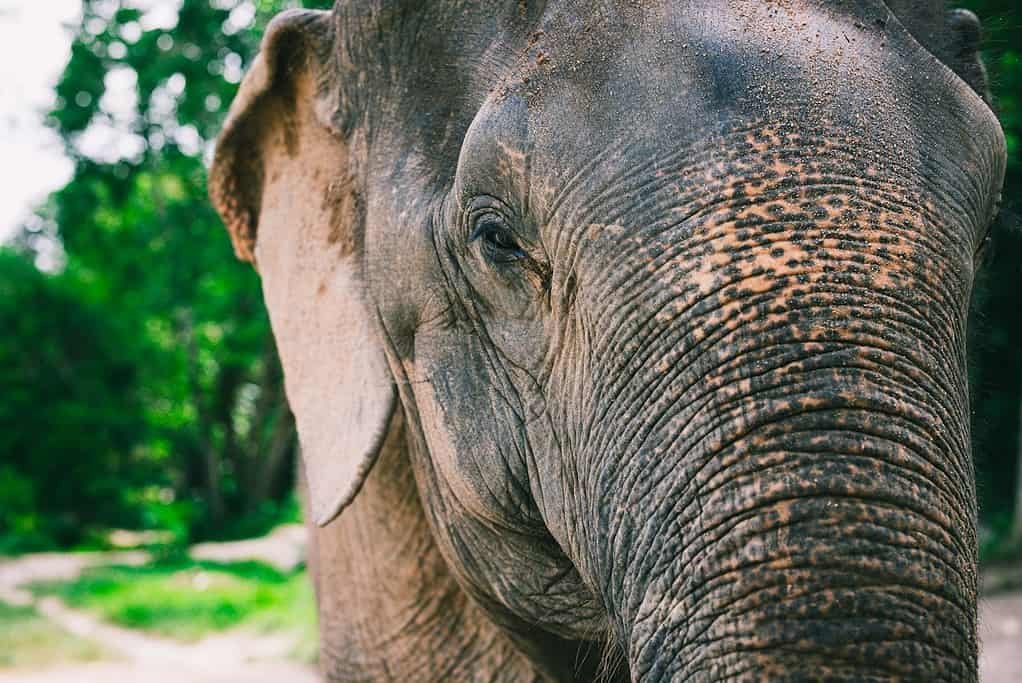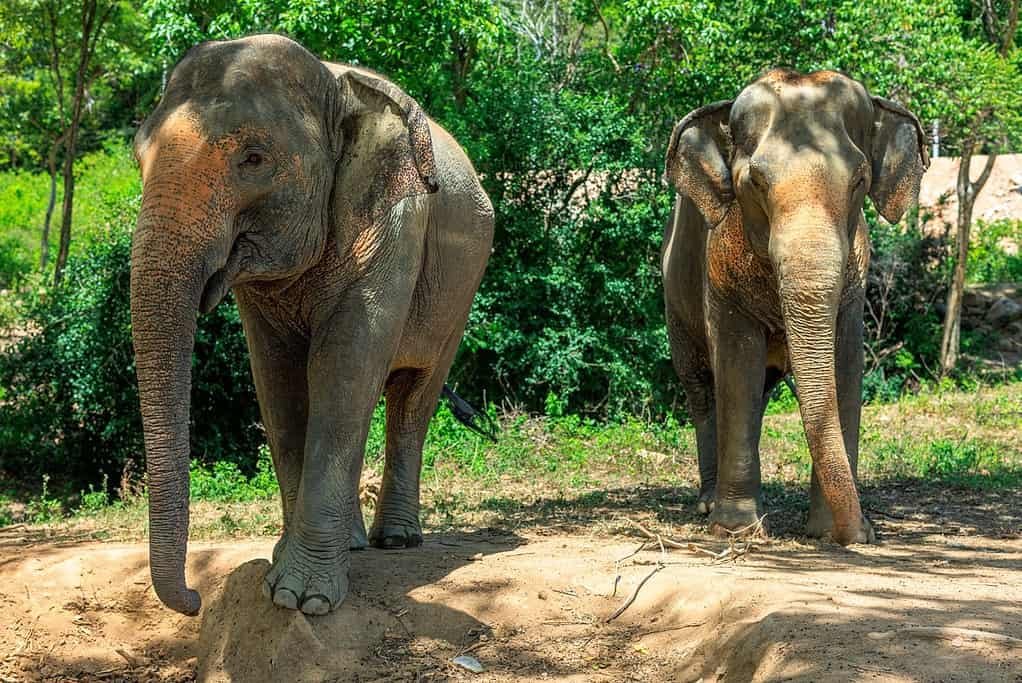
Elephants, those magnificent behemoths of the wild, have always captivated our imaginations with their intelligence, intricate social lives, and, most intriguingly, their phenomenal memory. This isn’t just a tale spun from folklore; it’s a fact backed by science. Elephants truly possess one of the most remarkable memories in the animal kingdom. Let’s dive into the fascinating world of elephant memory, exploring how it aids their survival, social interactions, and overall well-being.
The Brain Power Behind Elephant Memory
Elephants boast a highly developed brain, especially the temporal lobe, which is linked to memory. Their brain structure bears a striking resemblance to ours, with a large hippocampus responsible for emotions and spatial awareness. This sophisticated brain architecture enables elephants to remember complex social networks, migration routes, and even individual humans and other animals they have encountered. The sheer size of an elephant’s brain, which can weigh up to 5 kilograms, also contributes to their cognitive abilities. Studies have shown that elephants can perform tasks that require advanced problem-solving skills, indicating a high level of intelligence. This brain power is not just for survival; it also allows elephants to engage in play, use tools, and exhibit behaviors that suggest self-awareness.

Social Savvy
A key aspect of an elephant’s memory is its role in social interactions. Elephants live in matriarchal societies, where the oldest female, the matriarch, leads the group. The matriarch’s memory is vital for the herd’s survival. She recalls the locations of water sources, safe migration paths, and areas abundant in food, which is crucial during times of drought or scarcity. This knowledge is passed down through generations, ensuring the continuity of the herd’s survival strategies. Moreover, elephants can recognize and remember hundreds of different individuals, both within their herd and from other groups. This social memory helps them maintain complex social bonds and hierarchies. They can recall past interactions with other elephants, which influences their future behavior towards them. For instance, if an elephant had a positive interaction with another, it is likely to be more cooperative in future encounters. This intricate social structure is supported by vocalizations and body language, which elephants use to communicate their memories and intentions.
Navigational Genius
Elephants are known for their long migrations in search of food and water. Their memory plays a crucial role in these journeys. They can remember the locations of water holes and food sources over vast distances and many years. This ability is particularly important in the African savannah, where resources can be scarce and widely dispersed. Elephants use landmarks and even the position of the sun to navigate, demonstrating an impressive spatial awareness. In one documented case, a herd of elephants in Tanzania was observed returning to a specific location where they had found water during a drought 12 years earlier. This incredible feat of memory highlights their ability to retain and recall vital survival information over long periods. Additionally, elephants have been known to alter their migration routes in response to environmental changes, showcasing their adaptability and foresight.

Human-Elephant Connections
Elephants’ memory also extends to their interactions with humans. They can remember individual people and their behaviors towards them. This can have both positive and negative implications. In areas where elephants are protected and treated kindly, they often exhibit trust and curiosity towards humans. Conversely, in regions where they have been hunted or harassed, elephants can become wary and even aggressive towards people. This ability to remember human faces and actions underscores the importance of fostering positive human-elephant relationships. There are numerous anecdotes of elephants recognizing and greeting humans they have not seen for many years.
Memory and Emotion
Elephants are known to exhibit a wide range of emotions, including joy, grief, and empathy. Their memory plays a significant role in these emotional experiences. They have been observed mourning the loss of a herd member, returning to the site of their death, and even gently touching their bones. This behavior suggests a deep emotional connection and a long-term memory of their fallen companions. Elephants have also been seen comforting each other in times of distress, using their trunks to offer reassurance. These emotional displays are not just limited to their own species; elephants have been known to show empathy towards other animals and even humans.

Conclusion
An elephant’s memory is a reflection of their intelligence and emotional depth. It is a crucial aspect of their survival, social structure, and interactions with the world around them. As we continue to study and understand these magnificent creatures, it becomes increasingly clear that their memories are not just a fascinating trait but a vital component of their existence.
